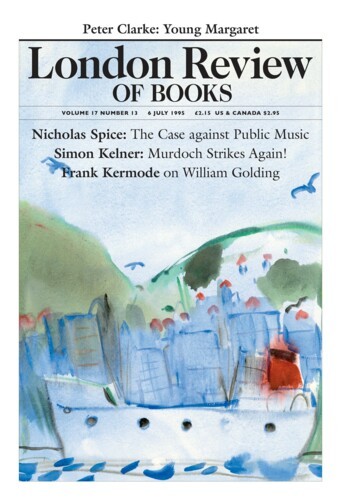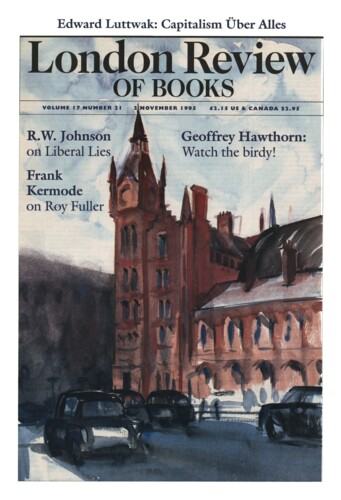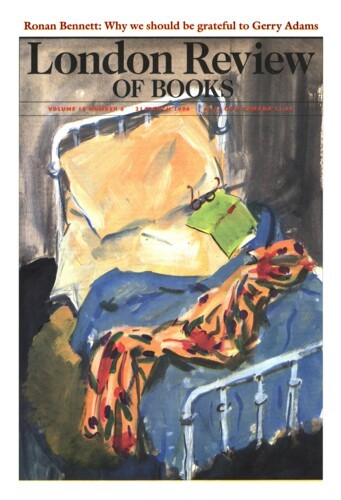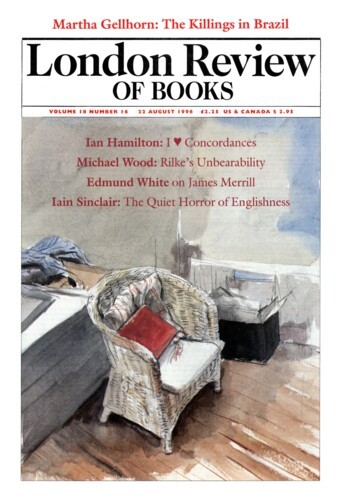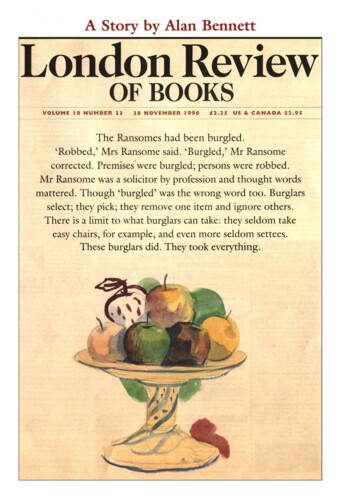Stirring your tea is only a normal activity if you stop doing it relatively quickly
John Redmond, 6 July 1995
In a recent radio programme, Simon Armitage and Glyn Maxwell, two of the most prominent of the New Generation poets, retraced the journey undertaken by Auden and MacNeice in Letters From Iceland – a sign of the renewed interest which younger poets are showing in the poetry of the Thirties. Although Yeats and Eliot were publishing some of their greatest poems during the Thirties, it was Auden who created the style which most of his contemporaries sought to imitate, and it is Auden, more than Yeats or Eliot, who is influencing younger poets today.
